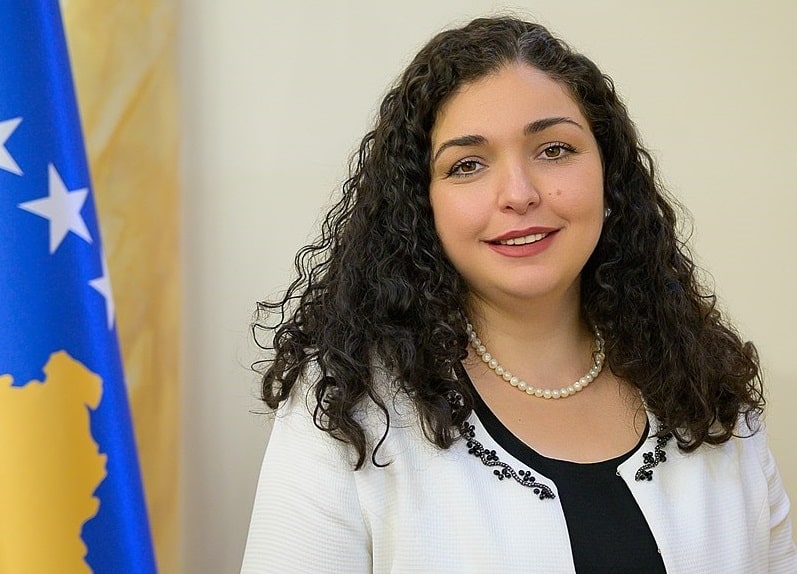Albin Kurti, leader of the Self-Determination Movement (Vetëvendosje), has been elected as Prime Minister of Kosovo by its parliament on March 22. This happened about six weeks after Vetëvendosje won the parliamentary elections by a landslide. Kurti has put forward his cabinet and is hoping to combat corruption and create jobs in the years to come. His short-term priority is to contain the COVID-19 pandemic by promising to start the country’s vaccination program as soon as possible. Political opponents have stated that he so far presented few concrete plans or strong economic policies.
Landslide victory for Vetëvendosje in early elections
Kurti’s government had to step down after coalition partner Democratic League of Kosovo (LDK) initiated a motion of no confidence against Kurti in March of 2020. This happened after a conflict about the handling of the COVID-19 pandemic and shortly after Kurti’s government was installed. Since then, Kurti’s popularity only increased and his promise of breaking with the political status quo attracted many voters. As the largest party in parliament he was side-lined by the second- and third-largest parties LDK and Democratic Party of Kosovo (PDK), who formed a coalition. The established parties only proved that they would not be “the change” that Kosovans desired. Kurti had practically already won the next elections.
This LDK- and PDK-led government fell in December of 2020. In a court case one of the MPs supporting the government, as well as Albin Kurti himself, were convicted of a crime less than three years ago. Early elections were called, but Kurti was also not allowed to become an MP again. Despite this the elections were decisively won by Vetëvendosje, which received just over 50% of the votes. During and after the election Vetëvendosje cooperated with Acting President Vjosa Osmani’s movement. In Kosovo’s parliament 20 seats, out of 120 seats in total, are assigned to minority groups. As a consequence, despite receiving a majority of the votes, Vetëvendosje gained 58 seats in parliament, just shy of a majority.
Kurti installed as PM, but no president installed yet
On the 22nd of March, 67 MPs voted in favour of Kurt’s proposed government, while 30 MPs voted against. Kurti could rely on the support of the non-Serbian minority parties. His cabinet includes fifteen ministers in total, five of which are women. One minister is from the minority party Serb List (SL), who are guaranteed one place in government. Even though Kurti could not become an MP because of the conviction, under Kosovan law he could be elected by parliament as Prime Minister. Earlier on the day, Glauk Konjufca of Vetevendosje was elected as speaker of parliament, with 69 votes in favour.
Acting President Osmani, who replaced Hashim Thaçi last November, is likely to become the country’s new president. Thaçi stepped down after he was convicted of crimes against humanity and war crimes in a the Hague Court ruling. After a successful election campaign, in cooperation with Vetëvendosje, she still needs two-thirds of MPs to vote in favour of her instalment though. The LDK, PDK and Alliance for the Future of Kosovo (AAK) all oppose Osmani and have stated that the president must be a neutral figure. Combined they hold 32 seats in parliament, so Osmani could be elected with the support of SL. If Osmani does not receive two-third of MPs’ votes in two ballots, in a third ballot she only needs a simple majority. The country will go to early elections again if this fails, which is undesirable and therefore unlikely to happen.
Sources: BalkanInsight, EuropeanWesternBalkans, Intellinews, Reuters, Rferl
Image: Wikimedia (Vjosa Osmani)



